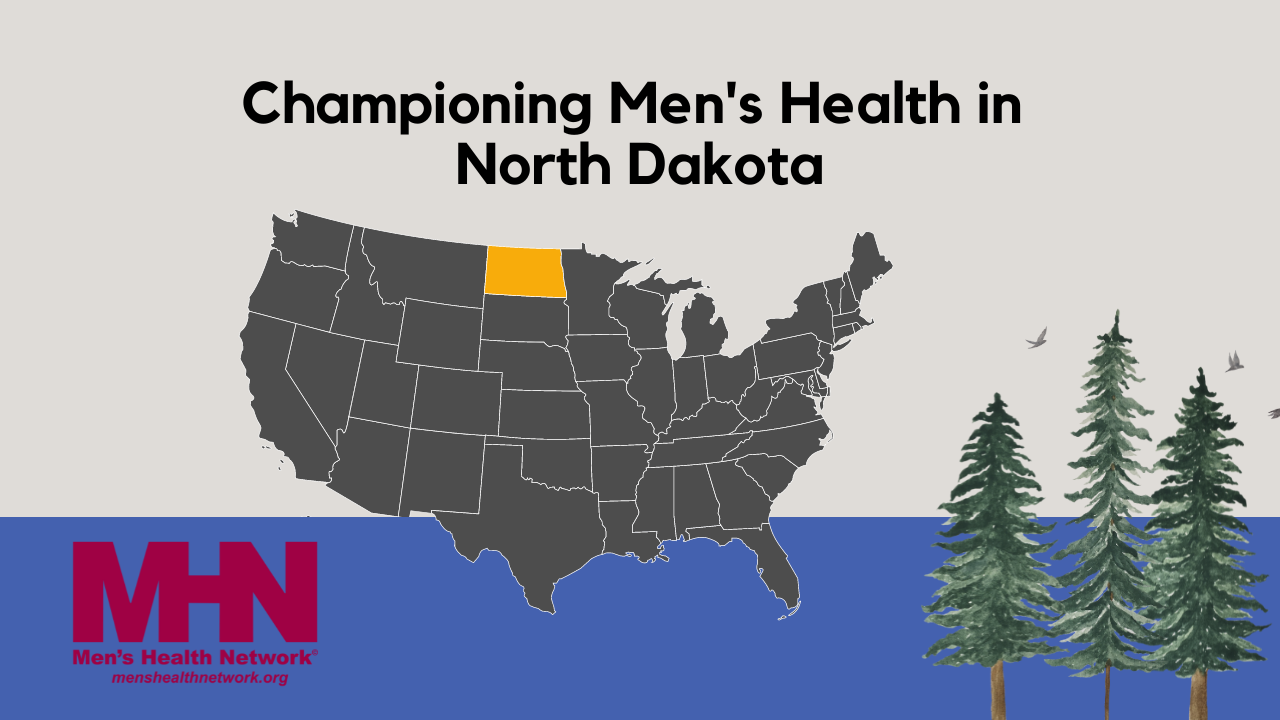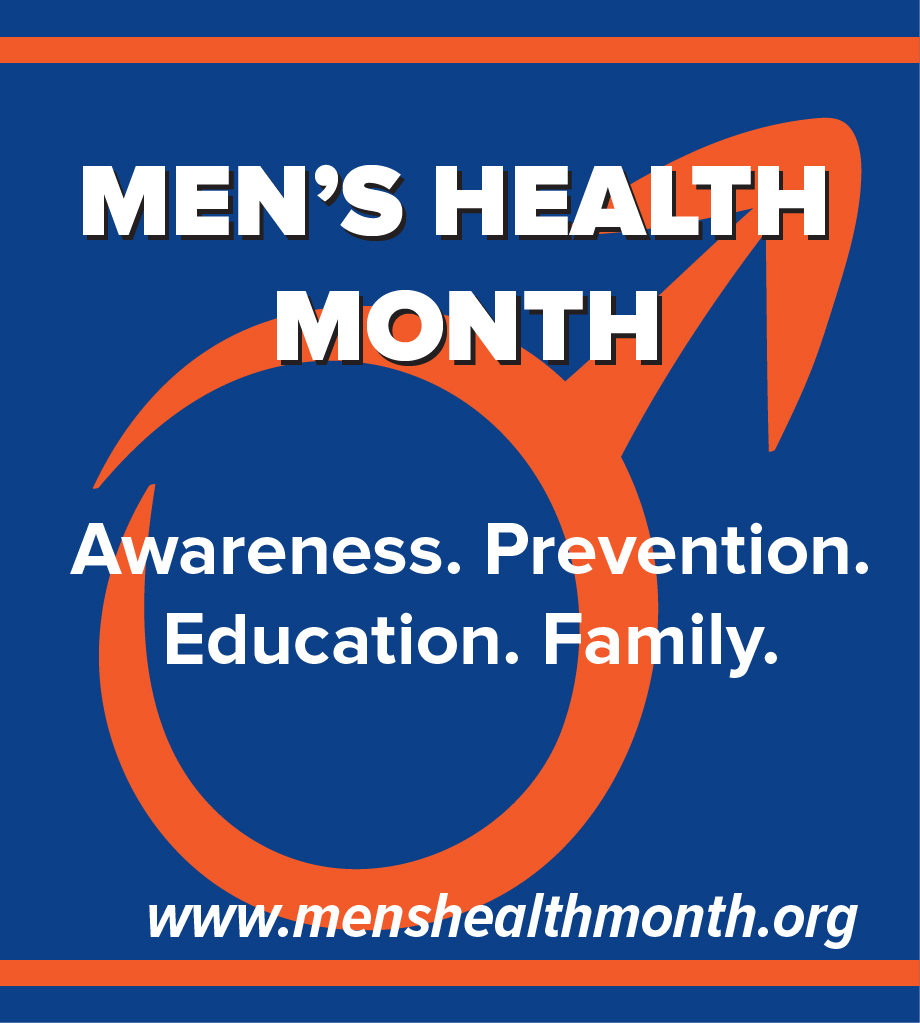As a doctor and a public official committed to improving the health of Americans, I am concerned that men often have poorer health outcomes than women. As men, we can do a better job taking care of ourselves. Unfortunately, we are living sicker lives and dying younger than American women. Men are less likely than women to have health insurance and make recommended preventive visits to the doctor. Preventable illnesses like heart disease, high blood pressure and diabetes take a significant toll on our health.
As a nation, we should also be troubled by racial and ethnic disparities in men’s health. Here are just a few of our most pressing concerns:
- African-American and Hispanic-American men are less likely than white men to see a doctor.
- Minority men are less likely to get timely preventive care, such as flu shots and colonoscopies.
- Heart disease is the leading cause of death for Black, Hispanic, American Indian and Alaska Native men, and is the second leading cause of death for Asian American and Pacific Islander men.
- Black Americans account for roughly half of new HIV/AIDS cases and among this population 70 percent are men.
Far too often, a major consequence of men’s poor health is that the women and partners in their lives are left widowed, alone and/or in poverty. More than 70 percent of seniors with incomes below the poverty level are women. More than half of elderly widows now living in poverty were not considered poor before the death of their husband. The statistics for older minority women are even bleaker. Among older women living alone, one out of every two African Americans and two out of five Hispanic Americans live in poverty.
It doesn’t have to be this way.
It’s never too late to get healthy. The week leading up to Father’s Day can help us focus on “the power of prevention.” This week, National Men’s Health Week, seeks to heighten awareness among providers, policymakers, the media, and men and their families about preventable health problems, early detection and treatment of disease.
What can you do to improve your life and the well-being of your family? You can use Men’s Health Week as an opportunity to evaluate your lifestyle and make improvements to your health through better nutrition; avoiding smoking; staying active; reducing risk for injury; scheduling needed preventive services; and getting health insurance. Thanks to the health care law, most men with health insurance can receive important preventive services like flu shots, blood pressure screenings and smoking cessation programs at no extra cost.
Whether your motivation is to live longer and feel better for yourself or out of concern for loved ones you do not want to leave behind, Men’s Health Week provides a great opportunity to take charge of your health.
For more information on obtaining health insurance, visit: healthcare.gov.
For more information on preventive services offered without a co-pay, visit: healthcare.gov/what-are-my-preventive-care-benefits.
Dr. Howard K. Koh, M.D, M.P.H., is the Assistant Secretary for Health, U.S. Department of Health and Human Services



